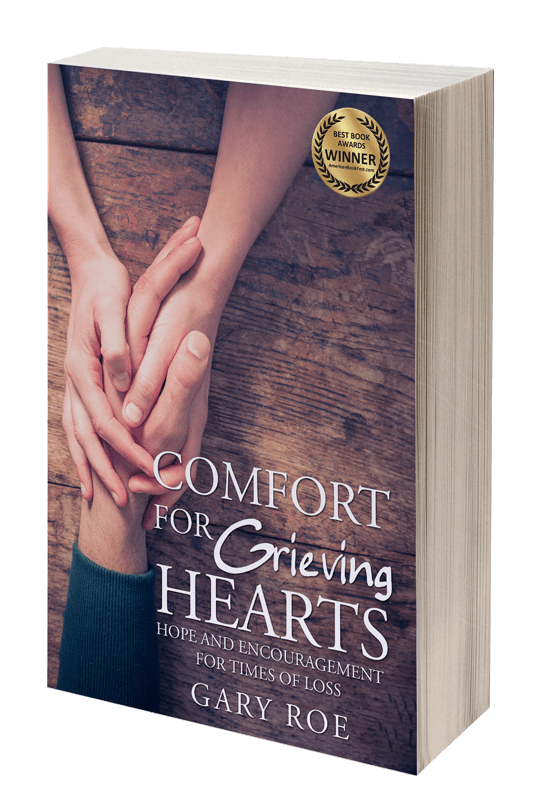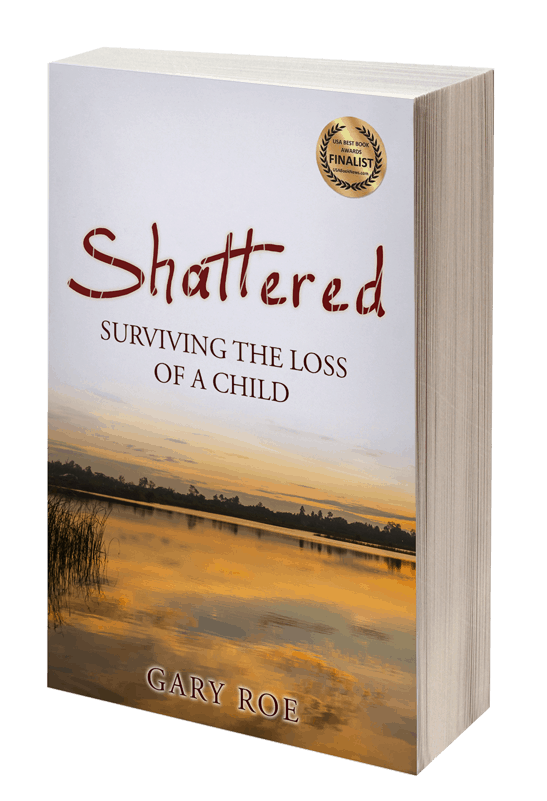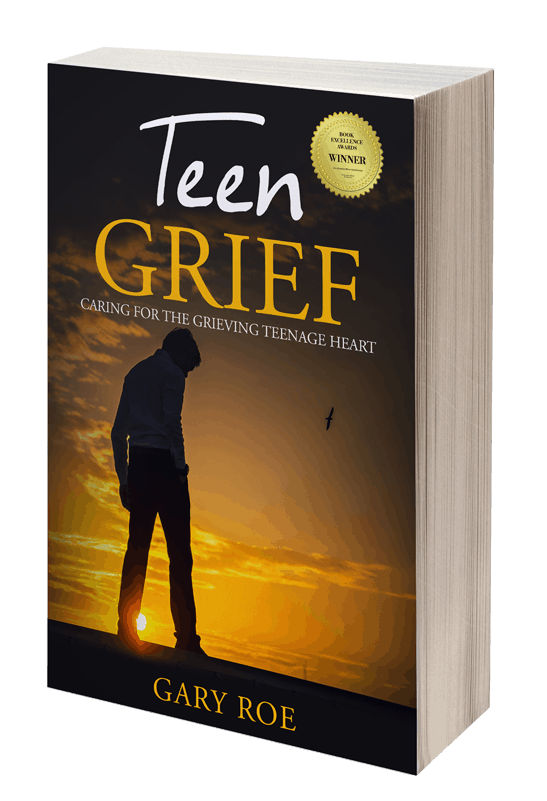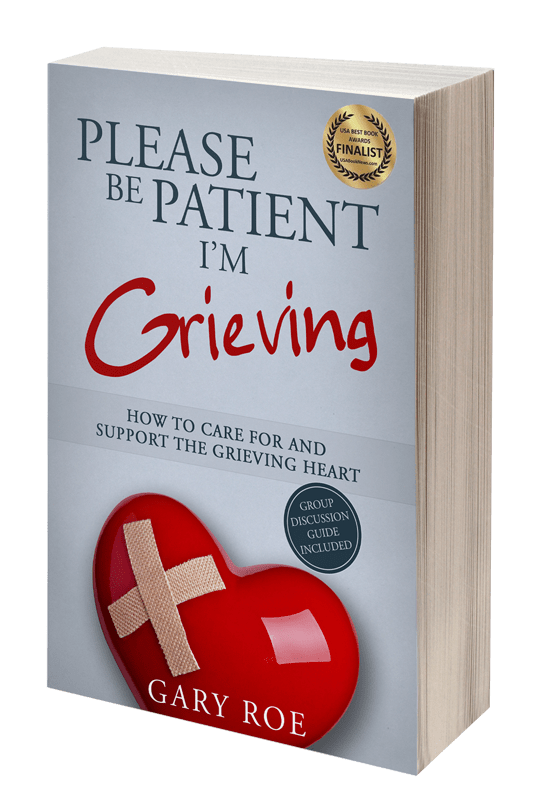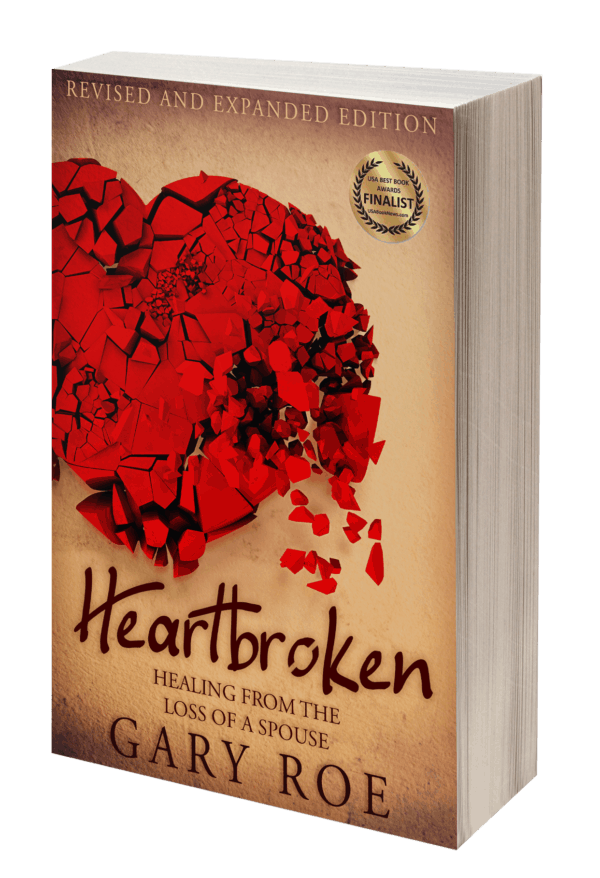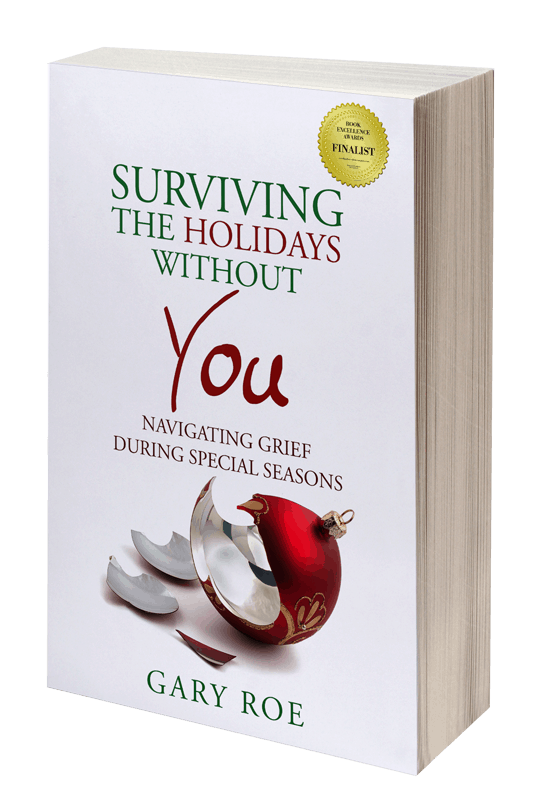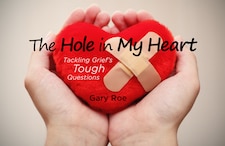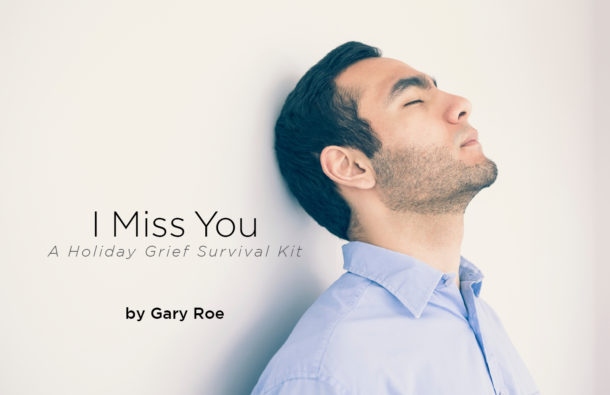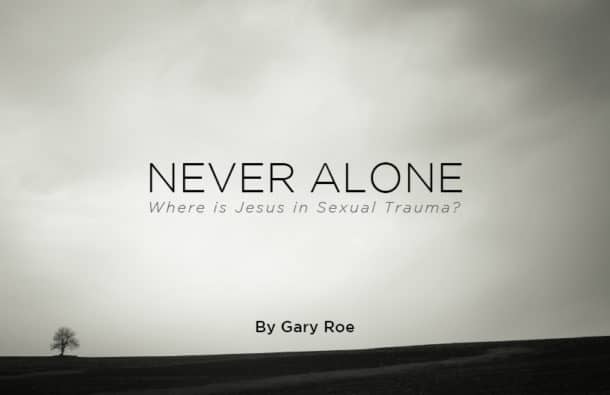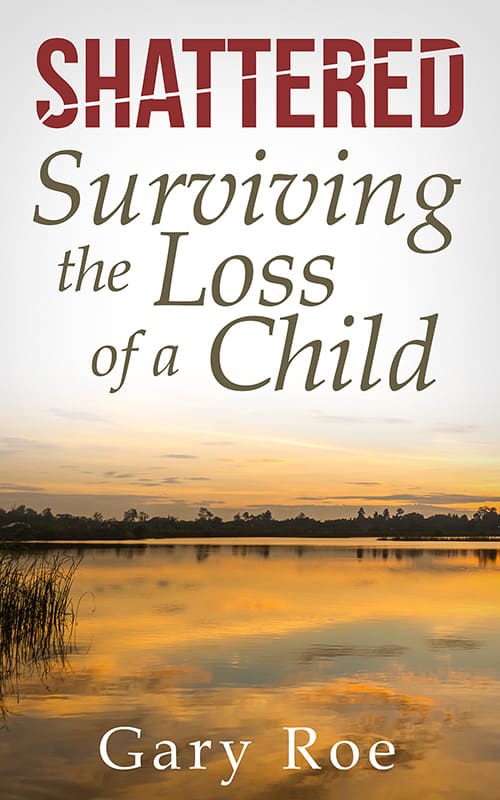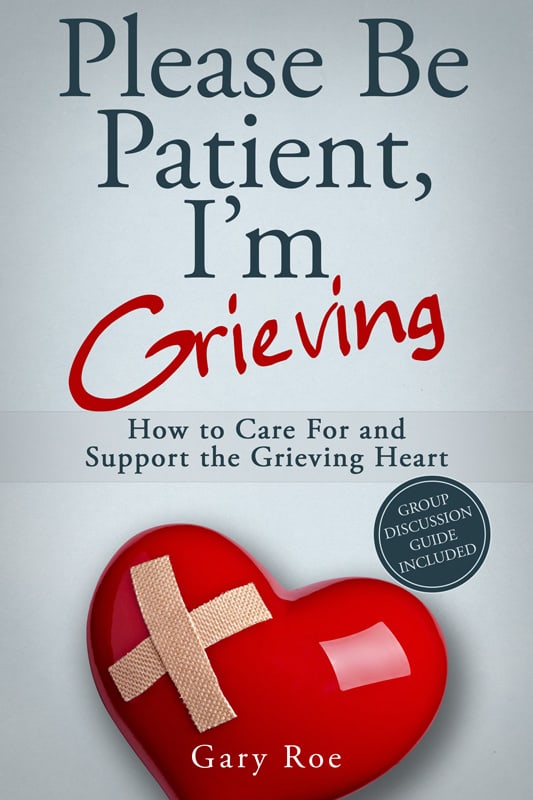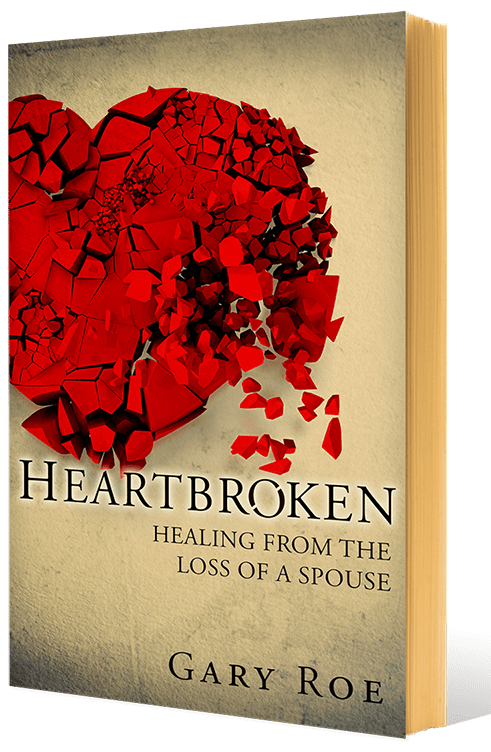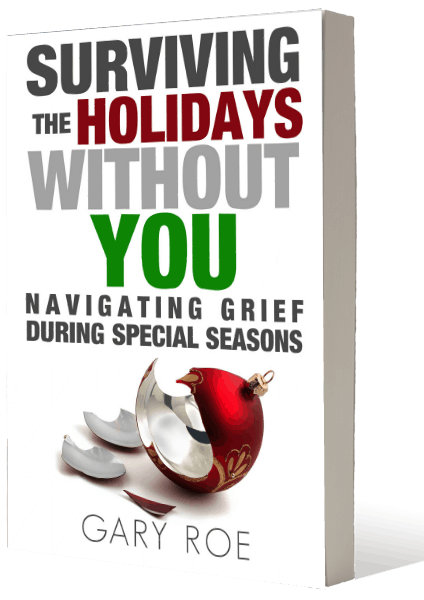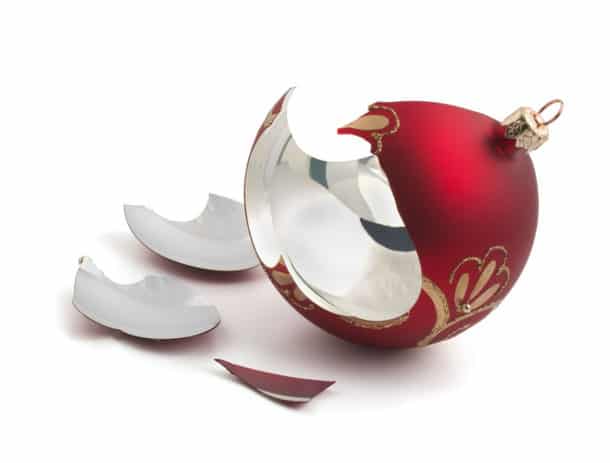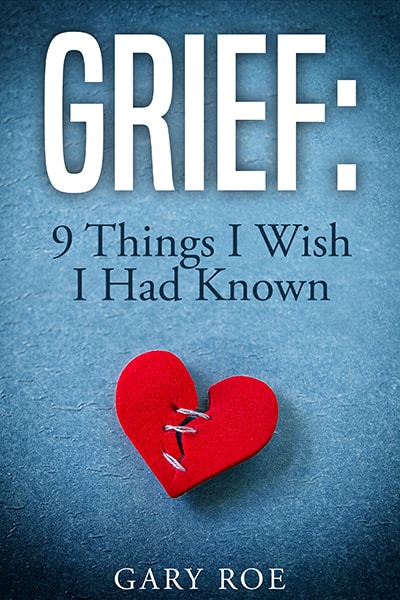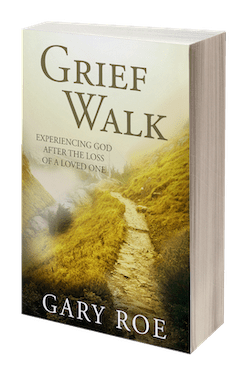After the death of someone we love, guilt usually comes knocking. It can be heavy. Persistent. Relentless.
It can feel like the guilt list has no end.
What do we do with this?
The following is an excerpt from Comfort for Grieving Hearts. I think you’ll be able to relate to the Grieving Heart in this chapter. I hope you find these words comforting and encouraging today.
THE GUILT LIST HAS NO END
FROM THE GRIEVING HEART:
I felt nauseated this morning. I don’t have a stomach bug. I’m missing you.
Yes, it’s that bad. Intense. Penetrating.
I’ve done some thinking about guilt. I’m honestly shocked at how prevalent it is. Now that I’m looking for it, I see it everywhere.
I said things I shouldn’t have. I didn’t say things I should have. I know I hurt you, on more than one occasion.
I could have done so much more good for you. I could have expressed my love and care more.
I could have. I should have. If only I hadn’t. If only I had. I wish. What if.
The guilt list has no end. How can I make these things right? Is that possible?
I get it. Guilt is not my friend, but he is very real right now.
How do I deal with this?
When someone departs, we naturally replay our relationship with them.
We look back and review what was said and not said, done and not done.
Wounds from the past surface.
Once loss strikes, our hearts are left to grapple with regrets, missed opportunities, and crushed hopes. Some plans and dreams have been shattered.
We want to take responsibility for what we did and said. We want to clear things up and make things right somehow. Our souls squirm under the pressure of unresolved issues and unfinished relational business. This is natural and common.
Many find it helpful to write a letter to their loved one, expressing their love and their regrets. Asking forgiveness is important and healthy.
Though we get no response, confessions like these are good for the soul. If we don’t want to write it out, we can speak it. Some set up an empty chair and imagine their loved one there. We can ask their forgiveness and express our love.
Forgiving ourselves can be hard. Our hearts want to hang on. For some reason, we feel that letting go of guilt means walking away and leaving our loved one behind. On the contrary, forgiving ourselves can free us to grieve and express our love more authentically.
Now is the time to begin to forgive ourselves. Our hearts will thank us.
Affirmation: I will ask forgiveness and also forgive myself, so I can be free to love you and grieve well.
If you, Lord, kept a record of sins, Lord, who could stand? But with you there is forgiveness, so that we can, with reverence, serve you. I wait for the Lord, my whole being waits, and in his word I put my hope. (Psalm 130:3-5)
Excerpt from Comfort for Grieving Hearts: Hope and Encouragement for Times of Loss
Comfort for Grieving Hearts has been revised and expanded into other books specifically for the loss of a spouse, a child, and a parent. You can check out the entire Comfort Series here.
Question: Is guilt a persistent issue for you in your grief? Feel free to share by commenting below.


